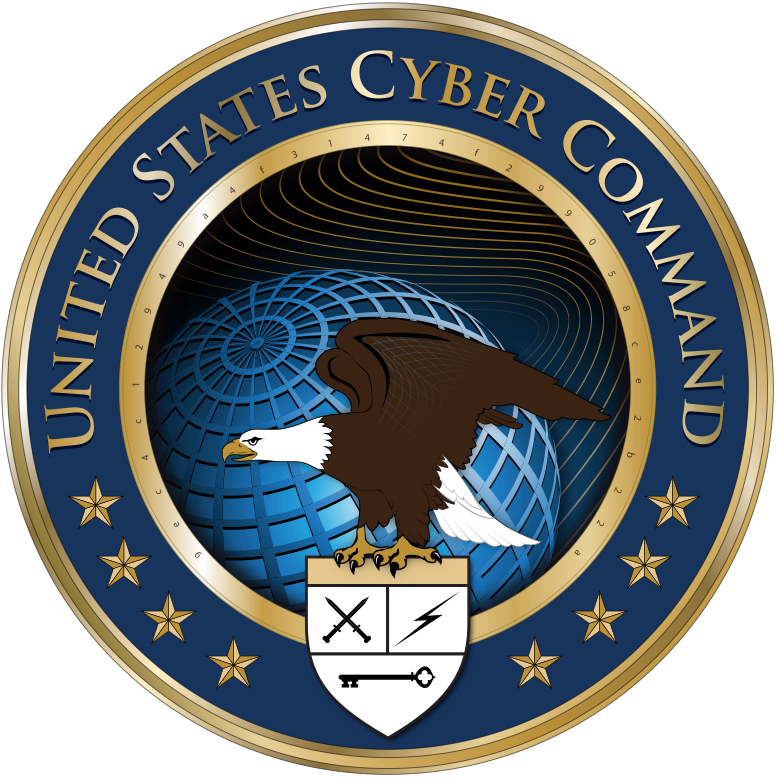The newest component to the United States military is the U.S. Cyber Command, created in response to growing nation-state, black hat, and cyber-terror threats against the U.S. government. The goal is ultimately to staff the “Cyber Mission Force” with 6,200 troops that are split into 133 groups. It has been reported previously that USCYBERCOM has had difficulties reaching its 6,200 staff goal, but the NSA estimates that will change by Sept. 30, 2018.
With this in mind, it came as a bit of a shock that NSA director Admiral Michael Rogers announced that USCYBERCOM troops are going to be deployed ahead of schedule. Admiral Rogers explained that the mobilization of the program stems from his belief that,”we’re in a race to make sure we are generating capacity and capability, and that we are doing it faster than those who would attempt to do harm to us.”
With a severely understaffed task force, it is a little difficult to fathom why the U.S. Cyber Command leaders are pushing a premature launch. Politics, it seems, are a major driving force behind this change in strategy. The reports coming out of the D.C. Beltway imply that Defense Secretary Ashton B. Carter and other top defense officials are agitated with how slow USCYBERCOM has been to respond to threats like ISIS.

The Washington Post confirmed this through an anonymous defense source who stated, “CYBERCOM has not been as effective as the Department would expect them to be, and they’re not as effective as they need to be… they need to deliver results.” So instead of waiting until the U.S. Cyber Command is truly ready to fulfill its mission of executing “full spectrum military cyberspace operations in order to enable actions in all domains, ensure US/Allied freedom of action in cyberspace,” it seems that the U.S. government is trying expedite the launch date to flex its muscle.
The irony of this is that security experts have questioned if attacking groups like ISIS via USCYBERCOM is the most effective strategy. ISIS is not a nation-state but rather a loose group of individuals united behind a single idea. You cannot hack an idea, and more importantly an enemy like ISIS does not have the same complex infrastructure that an actual country has.
The U.S. government is recklessly forcing a fledgling cyber force into areas that they will be outnumbered in, and in turn it may prove to be ineffectual in the long term.



